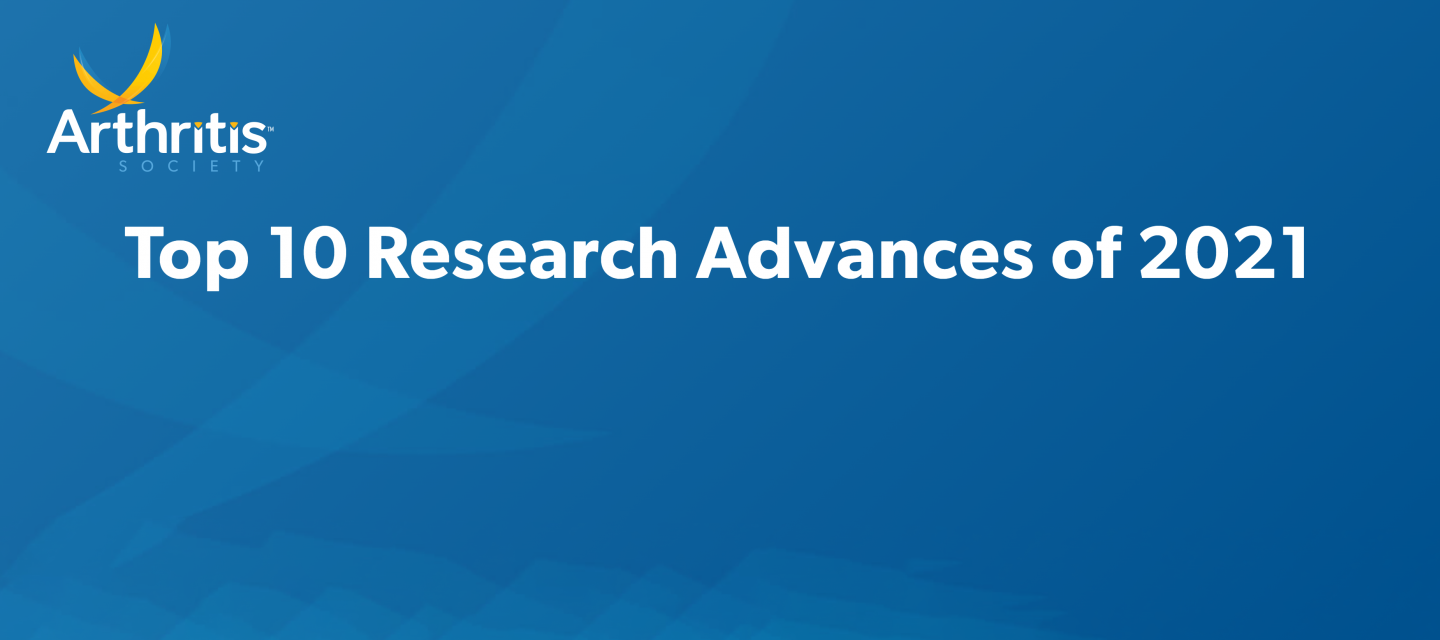Three UBC researchers from the faculties of Pharmaceutical Sciences and Medicine stand out in arthritis research, named in Arthritis Society top ten list.
The Arthritis Society is Canada’s largest charitable funder of arthritis research and in 2021 supported its mission through an investment of $3.6 million in research. “We’re proud to support the researchers who are helping us reach the goal of one day soon extinguishing the fire of arthritis for good, and we congratulate them on their achievements,” said Dr. Siân Bevan, Chief Science Officer at the Arthritis Society.
Dr. Mary De Vera’s (Faculty of Pharmaceutical Sciences) research studied the correlation between mental health and gout—a type of inflammatory arthritis caused by small crystals that form in the joint—finding that people with gout are more prone to depression and anxiety, and that these states can be exacerbated by more-affected joints or frequent flare-ups.
While mental health disorders have historically not been a focus in rheumatology settings, these findings have potential to heighten awareness of the risk of anxiety and depression in patients with gout and help ensure they receive timely psychiatric care.
Through his research in healthcare for people with inflammatory arthritis, Dr. Mark Harrison (Faculty of Pharmaceutical Sciences) found that an innovative model of arthritis care that included nurses was perceived to improve access to care, patient experience, time management, clinician experience and patient health outcomes.
The research was conducted in response to a billing code introduced by the British Columbia Ministry of Health in 2011 that encouraged rheumatologists to employ nurses for the care and education of people with complex rheumatic diseases, including inflammatory arthritis.
Dr. Jackie Whittaker’s (Faculty of Medicine) research found that youth sports-related knee injuries are more likely to develop knee osteoarthritis, and suffer long-term impacts on health-related quality of life—including physical, psychological, and social aspects—as long as 12 years post injury.
These findings will inform knee injury management, rehabilitation and osteoarthritis prevention strategies.
— —
For more information on the Arthritis Society’s list of 2021 top 10 research advances visit arthritis.ca.
